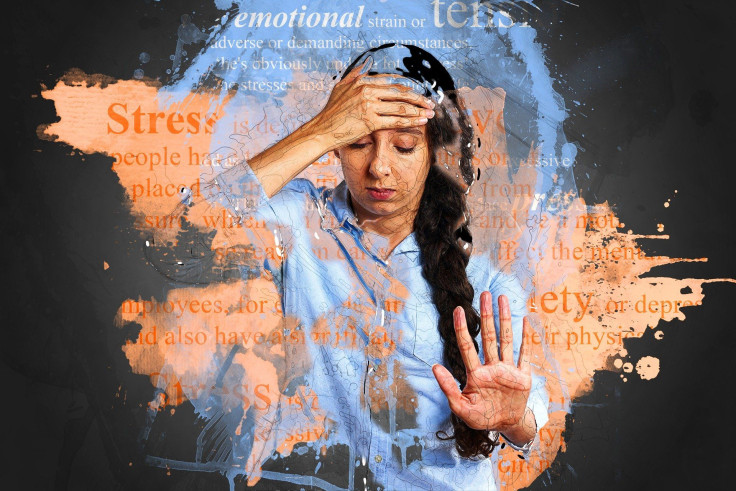Experts Say Stress Increases Cognitive Problems After 45: Tips To Manage Mental Tension
Stress can be extremely harmful to a person's health, causing a range of issues from high blood pressure to heart diseases. Researchers have now found that high stress can increase the risk of cognitive problems among people after the age of 45.
WHO defines stress as a state of worry or mental tension caused by a difficult situation. As stress is a natural human response to challenges and threats in our lives, almost everyone experiences it to some degree. However, the way a person responds to stress determines how it can affect health.
Here is how your body tells you when you are stressed:
- headaches
- insomnia
- nervousness and shaking
- rapid heartbeat
- changes in appetite
- inability to focus
- upset stomach
- digestive problems
- depression and anxiety
Cognitive impairment and stress
According to the Centers for Disease Control and Prevention, cognitive impairment is when a person has difficulty remembering, learning new things, concentrating, or making decisions that affect day-to-day life.
Earlier studies have shown that age is one of the greatest factors for cognitive impairment.
However, a study published in the journal JAMA Network found that cognitive decline was greater in people who were stressed irrespective of their age, sex, and race.
The researchers analyzed 24,448 people aged 45 and above, who also were participants in a long-term, ongoing study on brain health. Around 23% of the participants reported high levels of stress.
They then found that participants with elevated stress were 37% more likely to have cognitive problems.
"This study suggests that there is an independent association between perceived stress and both prevalent and incident cognitive impairment. The findings suggest the need for regular screening and targeted interventions for stress among older adults," the researchers wrote.
Strategies to cope with stress:
- Take time for yourself: It is always important to take time to care for your health, especially when the body signals that you are stressed. If you think you are spending too much time on work, take a break and indulge in a healthy routine that relaxes you.
- Talk to others: Sharing your concerns and anxiety with a person you can trust may help to unwind and reduce your burden.
- Exercise: Being physically active not only makes your body fit but also makes it capable of handling stressful situations.
- Eat well: When stress affects the central nervous system, it releases adrenaline and cortisol, which affects the digestive tract and can kill appetite in many people. However, the hormone cortisol can cause fat and sugar cravings in people who suffer from chronic stress. Eating a healthy diet high in a variety of nutrients will provide physical energy to deal with challenges.
- Sleep: Lack of sleep can cause the body to release the stress hormone, cortisol. Getting seven to nine hours of sleep a night will help to decrease cortisol levels and relax the body.
- Meditation: Taking deep breaths, doing stretches and meditation can help to calm your mind and body when you are dealing with stress.




























